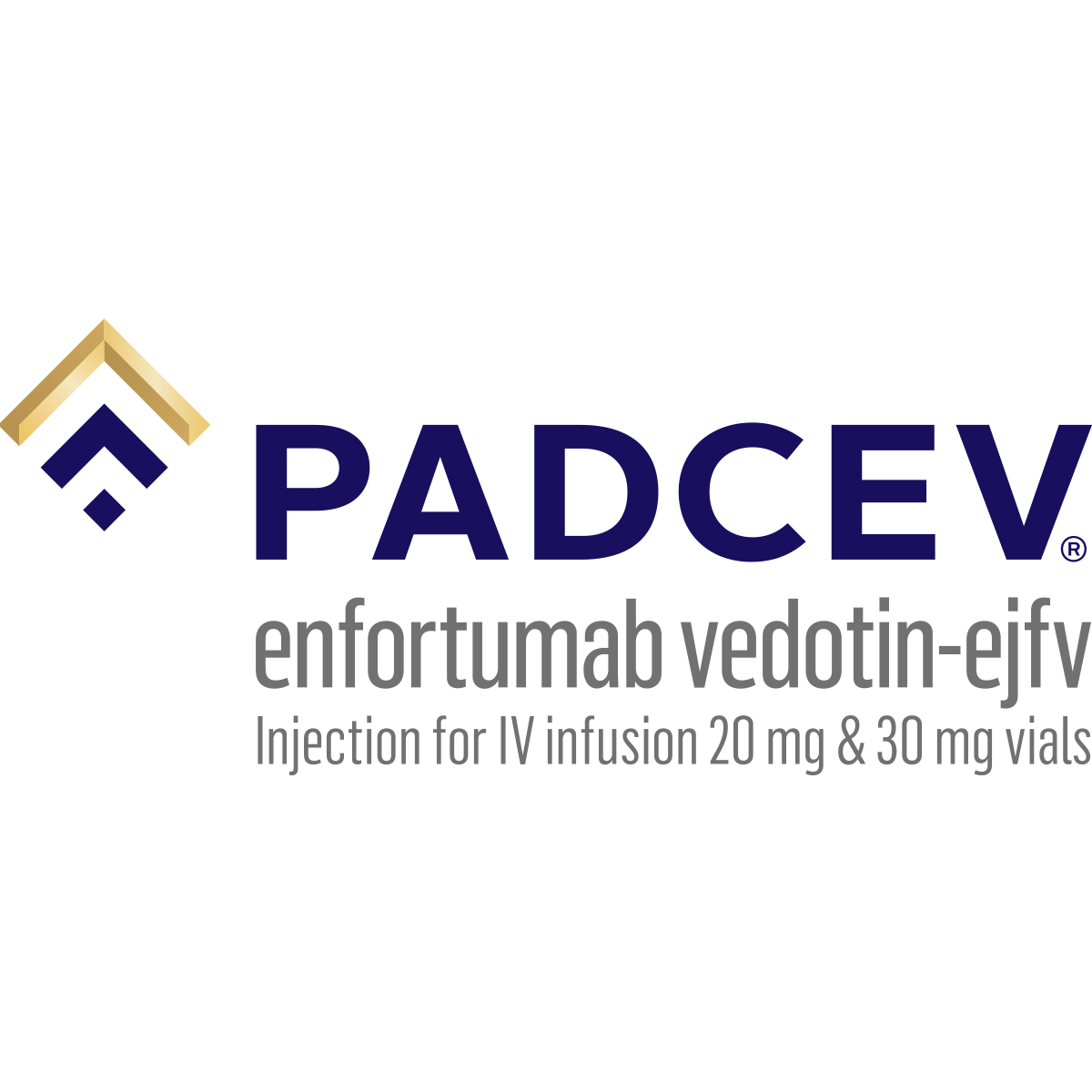
U.S. FDA Approves PADCEV® plus Keytruda® for Certain Patients with Bladder Cancer
On Nov. 21, 2025, Pfizer and Astellas Pharma announced that the U.S. Food and Drug Administration (FDA) has approved PADCEV® (enfortumab vedotin-ejfv), a Nectin-4 directed antibody-drug conjugate (ADC), in combination with the PD-1 inhibitor Keytruda® (pembrolizumab) or Keytruda QLEX™ (pembrolizumab and berahyaluronidase alfa-pmph), as neoadjuvant treatment and then continued after cystectomy (surgery) as adjuvant treatment for adult patients with muscle-invasive bladder cancer (MIBC) who are ineligible for cisplatin-containing chemotherapy. The approval of this perioperative (before and after surgery) treatment was based on results from the pivotal Phase 3 EV-303 clinical trial (also known as KEYNOTE-905).
In the EV-303 study, perioperative treatment with PADCEV plus pembrolizumab resulted in a 60% reduction in the risk of tumor recurrence, progression or death compared to surgery alone, meeting the primary endpoint of event-free survival (EFS) (Hazard Ratio [HR]=0.40; 95% confidence interval [CI]: 0.28-0.57; p<0.0001).
The probability of remaining event free was 74.7% for patients who received the combination and 39.4% for patients treated with surgery only. The estimated median EFS has not yet been reached for the combination arm versus 15.7 months for the surgery arm. Data from the key secondary endpoint of overall survival (OS) showed that perioperative treatment with PADCEV plus pembrolizumab also resulted in a 50% reduction in the risk of death as compared to surgery alone. The probability of survival at two years was 79.7% for patients who received the combination relative to 63.1% for patients treated with surgery only. The estimated median OS has not yet been reached for the combination arm versus 41.7 months for the surgery arm.
The safety results in EV-303 were consistent with those previously reported for this combination, and there were no new safety signals. The most common (≥20%) adverse reactions, including laboratory abnormalities, in patients treated with PADCEV plus intravenous pembrolizumab were increased glucose, decreased hemoglobin, increased aspartate aminotransferase, rash, increased alanine aminotransferase, fatigue, pruritus, increased creatinine, decreased sodium, decreased lymphocytes, peripheral neuropathy, increased potassium, alopecia, dysgeusia, diarrhea, decreased appetite, constipation, nausea, decreased phosphate, urinary tract infection, dry eye, and decreased weight. Grade ≥ 3 AEs due to any cause occurred in 71.3% of patients treated in the combination arm and 45.9% of patients who were in the surgery arm.
Bladder cancer is the ninth most common cancer worldwide, diagnosed in more than 614,000 people each year globally, including an estimated 85,000 people in the U.S. MIBC represents approximately 30% of all bladder cancer cases. The standard treatment for patients with MIBC is neoadjuvant cisplatin-based chemotherapy followed by surgery, which has been shown to prolong survival. However, up to half of patients who are diagnosed with MIBC are not eligible to receive cisplatin and face limited treatment options, typically undergoing surgery without any systemic treatment. Of those who do undergo bladder surgery, one third are cisplatin-ineligible.
Tags:
Source: Pfizer
Credit:
